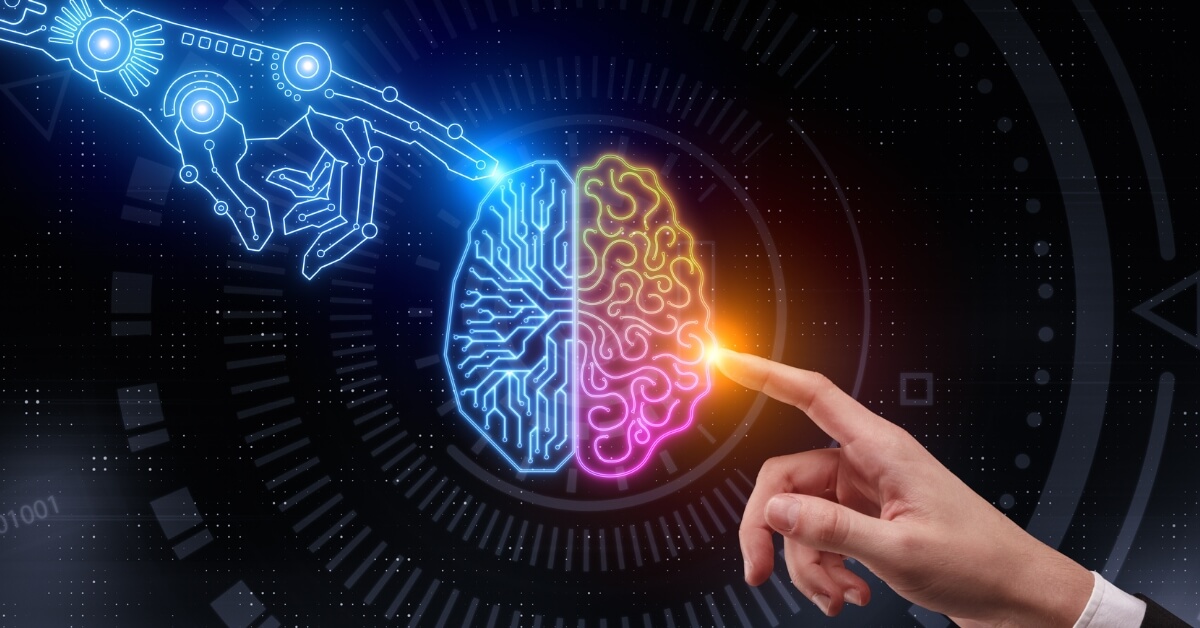11 Dec, 23
Artificial Intelligence Act: Europe’s New AI Regulations

The European Parliament’s recent provisional agreement on the Artificial Intelligence Act heralds a new era in technology regulation. This groundbreaking legislation aims to safeguard fundamental rights, democracy, and environmental sustainability, while promoting innovation in AI. The Act sets a precedent for managing the risks and impacts of AI technologies, making it a crucial development for businesses, governments, and individuals alike.


Banned Applications under the AI Act
A key feature of the Artificial Intelligence Act is its prohibitions against certain AI applications. These banned applications include biometric categorization systems using sensitive characteristics, untargeted scraping of facial images, emotion recognition in workplaces and educational institutions, social scoring, and AI systems that manipulate human behaviour or exploit vulnerabilities. These prohibitions are aimed at protecting citizens’ rights and democracy from the potential threats posed by AI.
Safeguards and Exceptions for Law Enforcement
The Act also outlines specific safeguards and exceptions for the use of biometric identification systems by law enforcement in publicly accessible spaces. These exceptions are subject to strict conditions, including prior judicial authorization and are limited to specific crimes. The use of such systems is allowed for targeted searches of victims, preventing specific terrorist threats, or identifying persons suspected of serious crimes.
Obligations for High-Risk AI Systems
For AI systems classified as high-risk, the Act imposes clear obligations. These include a mandatory fundamental rights impact assessment, applicable to sectors like insurance and banking. High-risk systems also include those influencing election outcomes and voter behaviour. Citizens are granted the right to launch complaints and receive explanations about decisions made by these AI systems that impact their rights.
Regulations for General AI Systems
The Act establishes regulations for general-purpose AI (GPAI) systems, emphasizing transparency requirements. This includes technical documentation, adherence to EU copyright law, and detailed summaries of training content. High-impact GPAI models with systemic risks are subject to stringent obligations, like model evaluations and reporting on serious incidents, ensuring cybersecurity, and energy efficiency.
Support for Innovation and SMEs
To encourage innovation, especially among SMEs, the Act promotes regulatory sandboxes and real-world testing. These initiatives, established by national authorities, are designed to help businesses develop and train innovative AI solutions before market placement, ensuring a level playing field for smaller entities against industry giants.
Sanctions and Implementation
Non-compliance with the AI Act’s rules can lead to substantial fines, ranging from 35 million euros or up to 7% of global turnover, depending on the infringement and size of the company. The final step for the Act to become EU law involves formal adoption by both the Parliament and Council, with upcoming votes in Parliament’s Internal Market and Civil Liberties committees.
Conclusion
The Artificial Intelligence Act represents a significant step towards a safer, more ethical, and democratic use of AI technologies. Setting comprehensive rules and guidelines, not only addresses the challenges posed by AI but also paves the way for responsible innovation. The Act’s impact on society, businesses, and the future of AI is profound, ensuring that Europe remains at the forefront of ethical AI development.
FAQ
- What is the Artificial Intelligence Act?
- What are some of the banned AI applications under this Act?
- Are there exceptions for law enforcement under this Act?
- What obligations are imposed on high-risk AI systems?
- How does the AI Act support SMEs and innovation?
About Zerocap
Zerocap provides digital asset liquidity and digital asset custodial services to forward-thinking investors and institutions globally. For frictionless access to digital assets with industry-leading security, contact our team at [email protected] or visit our website www.zerocap.com
DISCLAIMER
This material is issued by Zerocap Pty Ltd (Zerocap), a Corporate Authorised Representative (CAR: 001289130) of AFSL 340799. Material covering regulated financial products is issued to you on the basis that you qualify as a “Wholesale Investor” for the purposes of Sections 761GA and 708(10) of the Corporations Act 2001 (Cth) (Sophisticated/Wholesale Client). This material is intended solely for the information of the particular person to whom it was provided by Zerocap and should not be relied upon by any other person. The information contained in this material is general in nature and does not constitute advice, take into account the financial objectives or situation of an investor; nor a recommendation to deal. Any recipients of this material acknowledge and agree that they must conduct and have conducted their own due diligence investigation and have not relied upon any representations of Zerocap, its officers, employees, representatives or associates. Zerocap has not independently verified the information contained in this material. Zerocap assumes no responsibility for updating any information, views or opinions contained in this material or for correcting any error or omission which may become apparent after the material has been issued. Zerocap does not give any warranty as to the accuracy, reliability or completeness of advice or information which is contained in this material. Except insofar as liability under any statute cannot be excluded, Zerocap and its officers, employees, representatives or associates do not accept any liability (whether arising in contract, in tort or negligence or otherwise) for any error or omission in this material or for any resulting loss or damage (whether direct, indirect, consequential or otherwise) suffered by the recipient of this material or any other person. This is a private communication and was not intended for public circulation or publication or for the use of any third party. This material must not be distributed or released in the United States. It may only be provided to persons who are outside the United States and are not acting for the account or benefit of, “US Persons” in connection with transactions that would be “offshore transactions” (as such terms are defined in Regulation S under the U.S. Securities Act of 1933, as amended (the “Securities Act”)). This material does not, and is not intended to, constitute an offer or invitation in the United States, or in any other place or jurisdiction in which, or to any person to whom, it would not be lawful to make such an offer or invitation. If you are not the intended recipient of this material, please notify Zerocap immediately and destroy all copies of this material, whether held in electronic or printed form or otherwise.
Disclosure of Interest: Zerocap, its officers, employees, representatives and associates within the meaning of Chapter 7 of the Corporations Act may receive commissions and management fees from transactions involving securities referred to in this material (which its representatives may directly share) and may from time to time hold interests in the assets referred to in this material. Investors should consider this material as only a single factor in making their investment decision.
Like this article? Share
Latest Insights
Interview with Ausbiz: How Trump’s Potential Presidency Could Shape the Crypto Market
Read more in a recent interview with Jon de Wet, CIO of Zerocap, on Ausbiz TV. 23 July 2024: The crypto market has always been
Weekly Crypto Market Wrap, 22nd July 2024
Download the PDF Zerocap is a market-leading digital asset firm, providing trading, liquidity and custody to forward-thinking institutions and investors globally. To learn more, contact
What are Crypto OTC Desks and Why Should I Use One?
Cryptocurrencies have gained massive popularity over the past decade, attracting individual and institutional investors, leading to the emergence of various trading platforms and services, including
Receive Our Insights
Subscribe to receive our publications in newsletter format — the best way to stay informed about crypto asset market trends and topics.



 Share
Share  Tweet
Tweet  Post
Post 